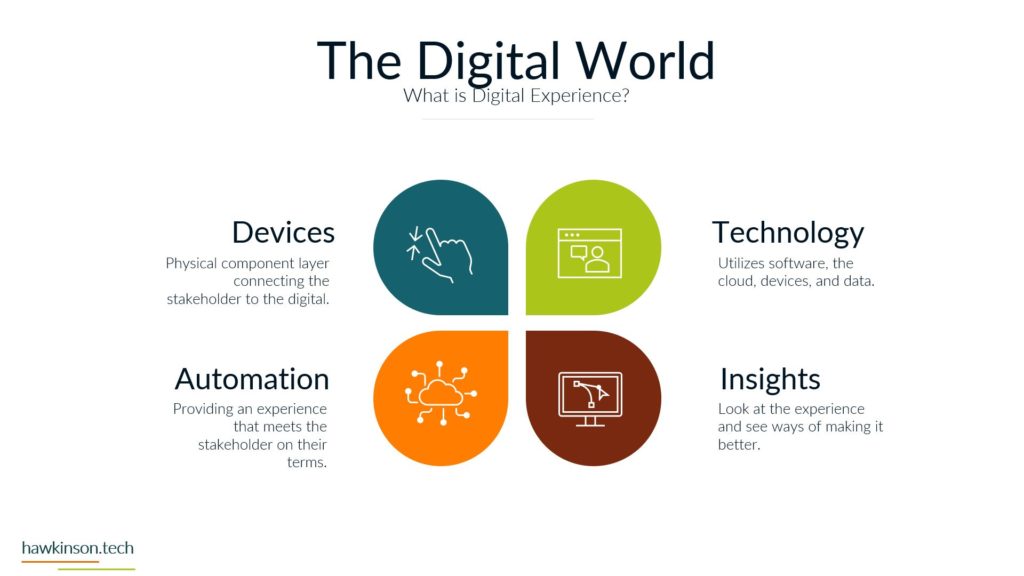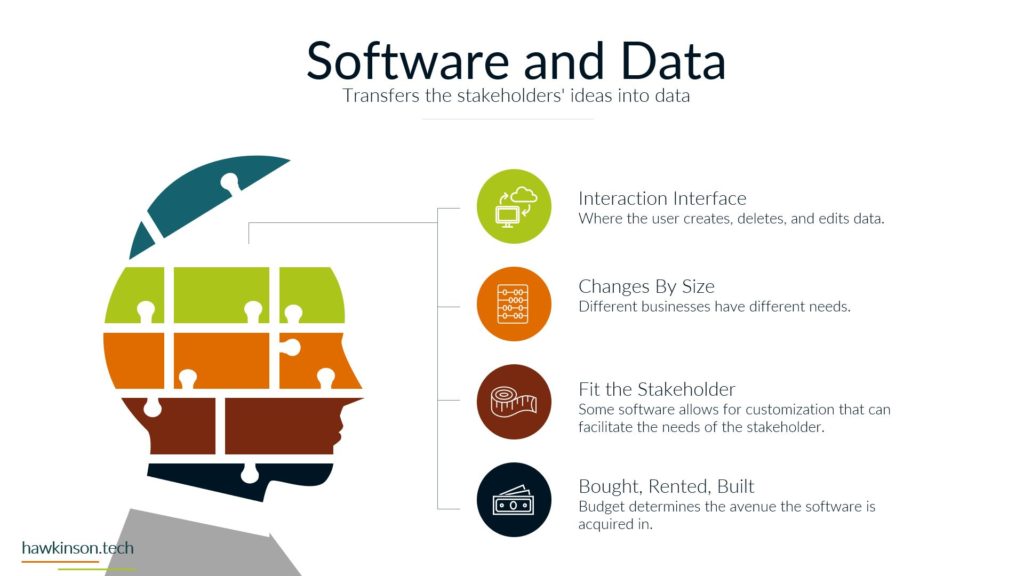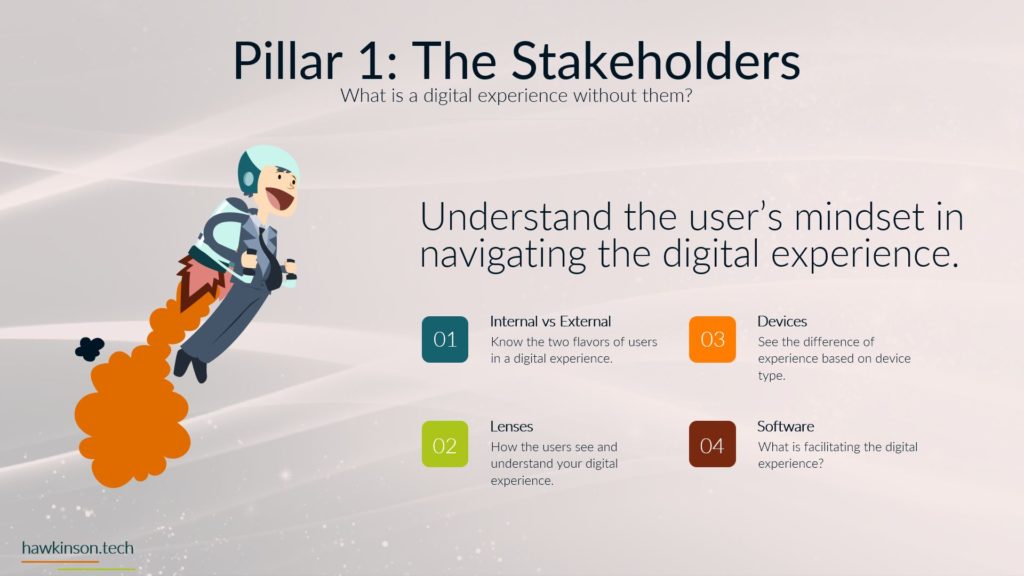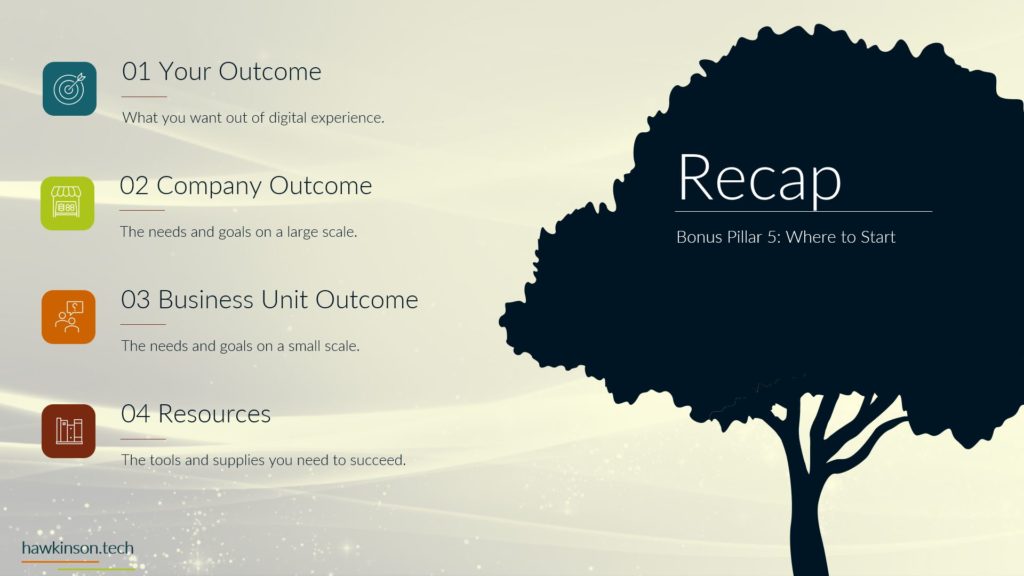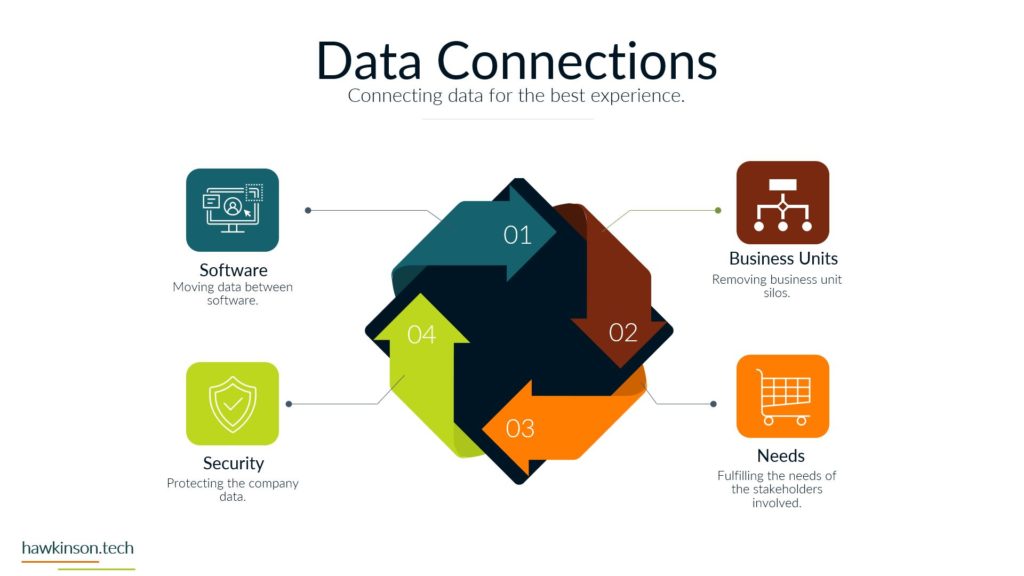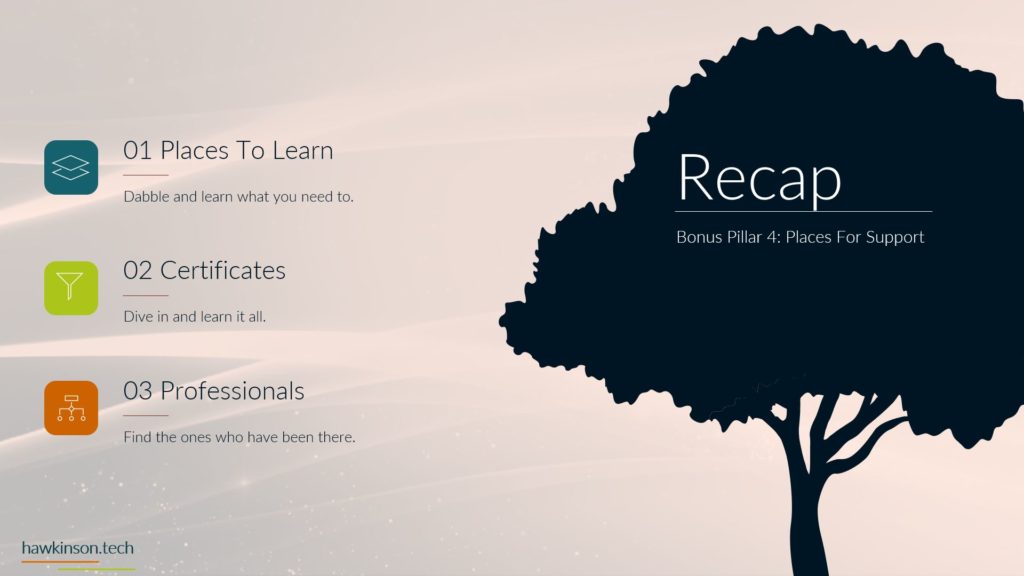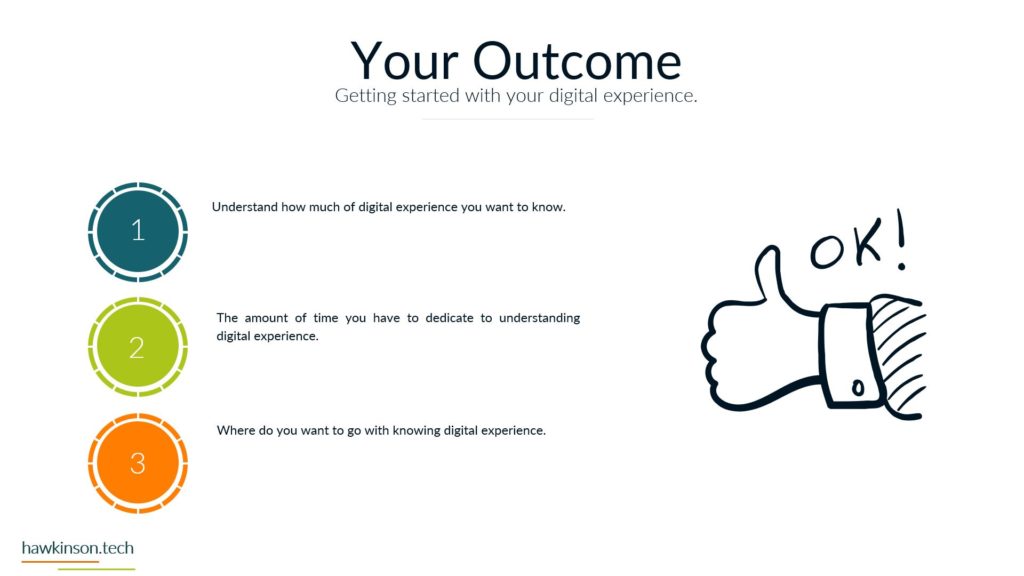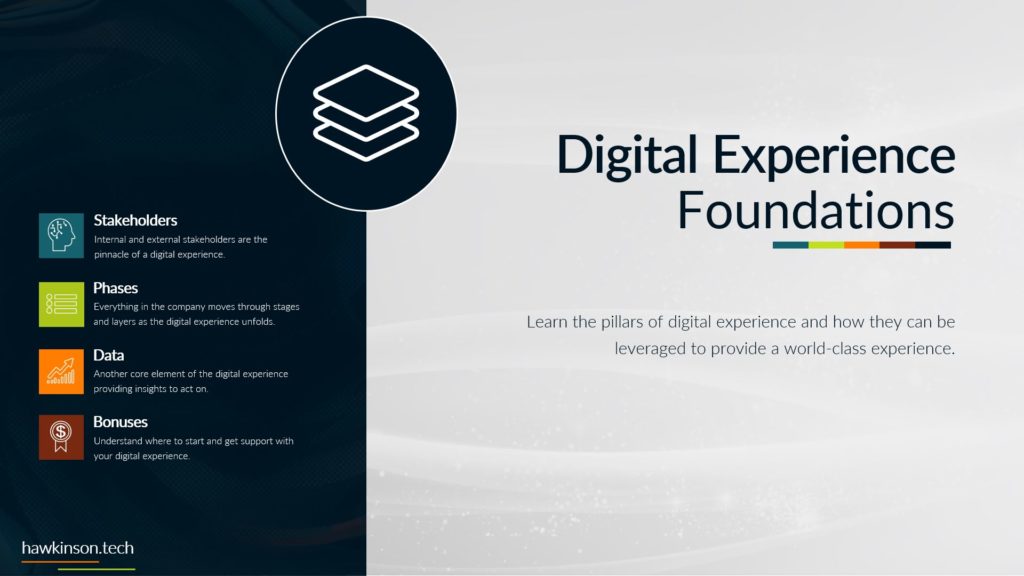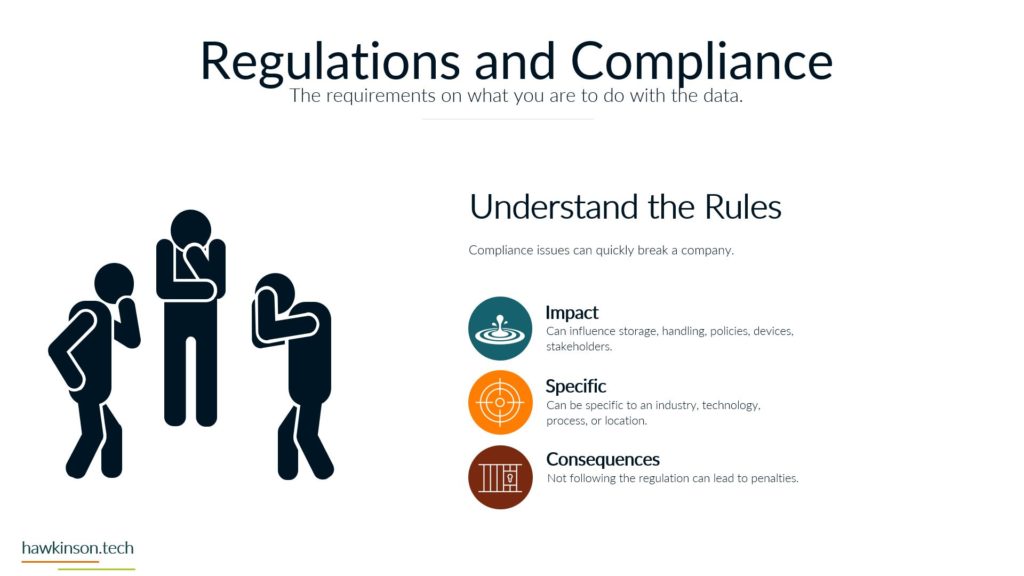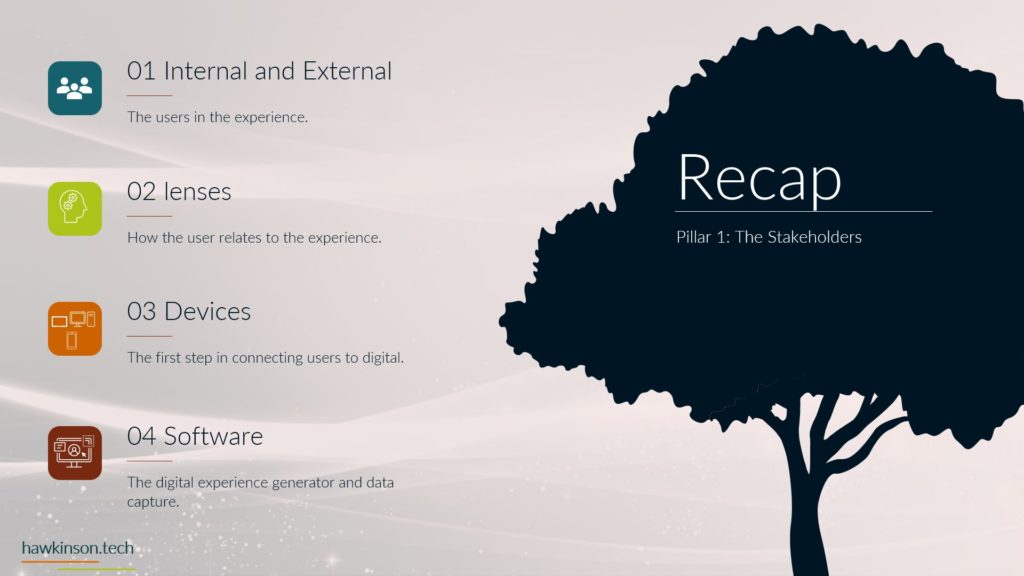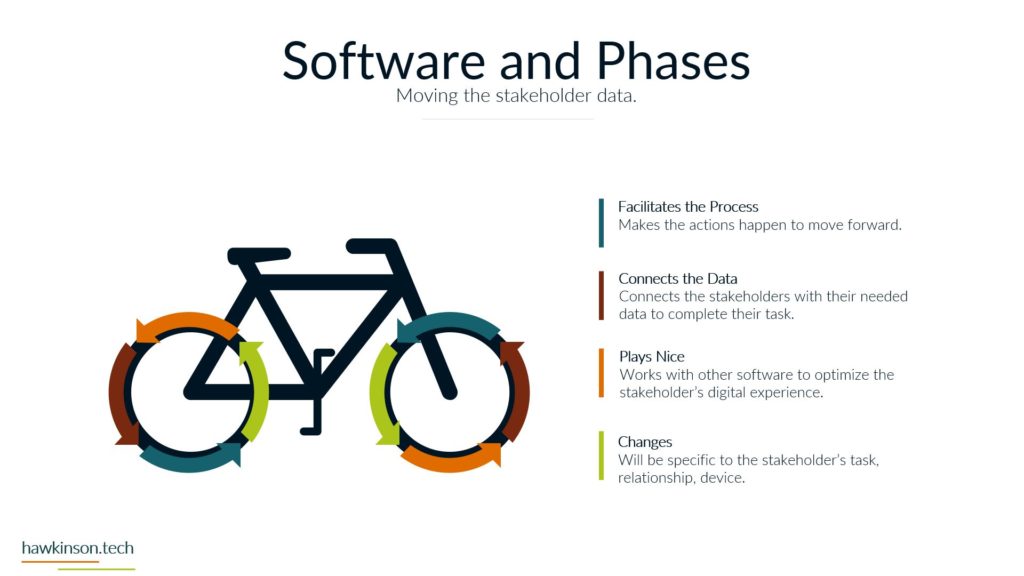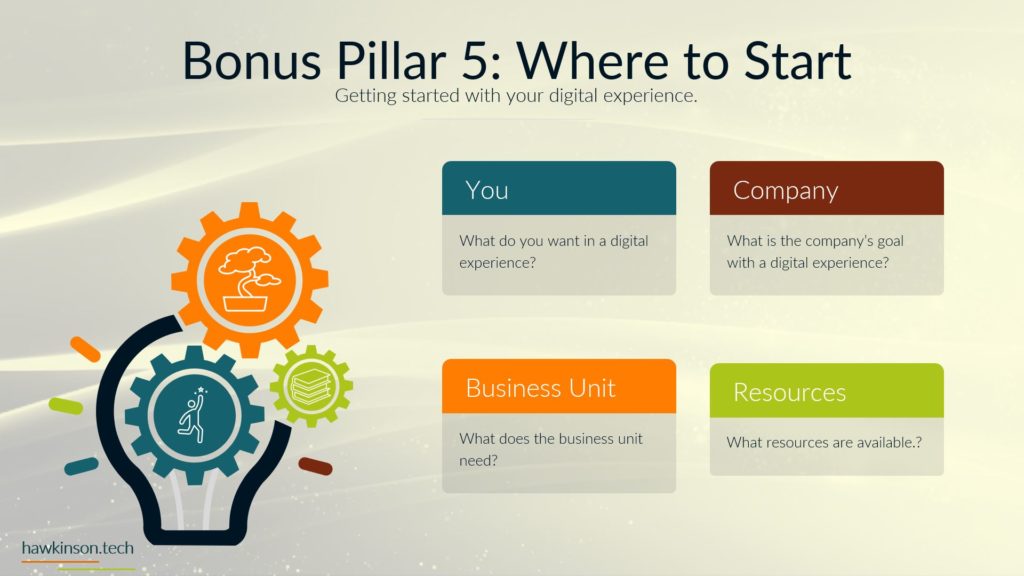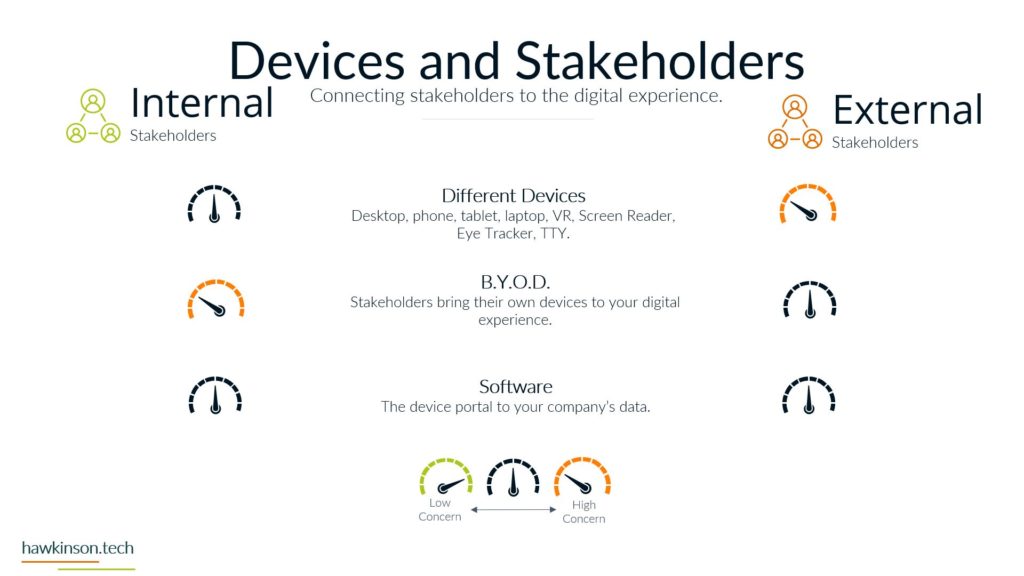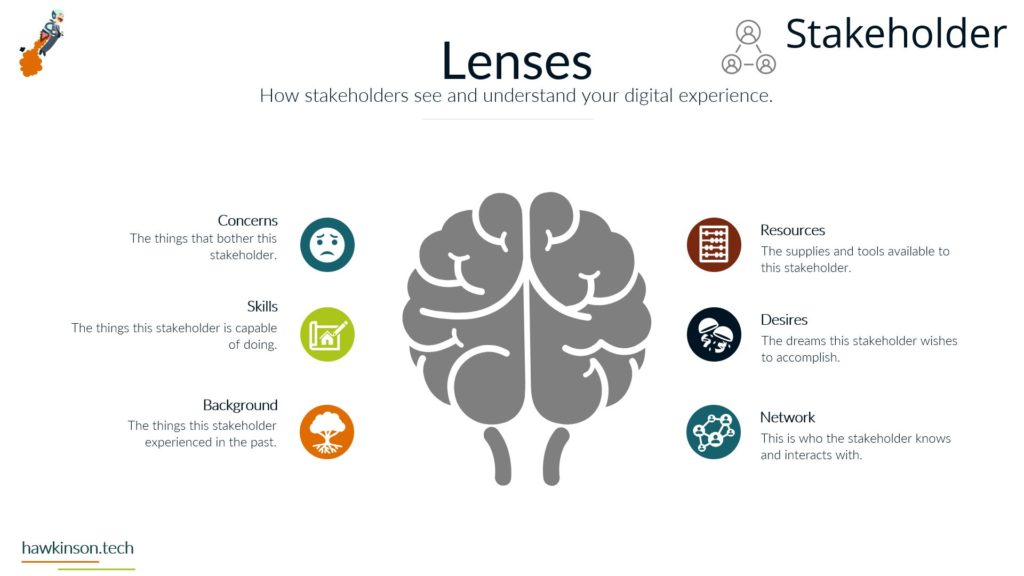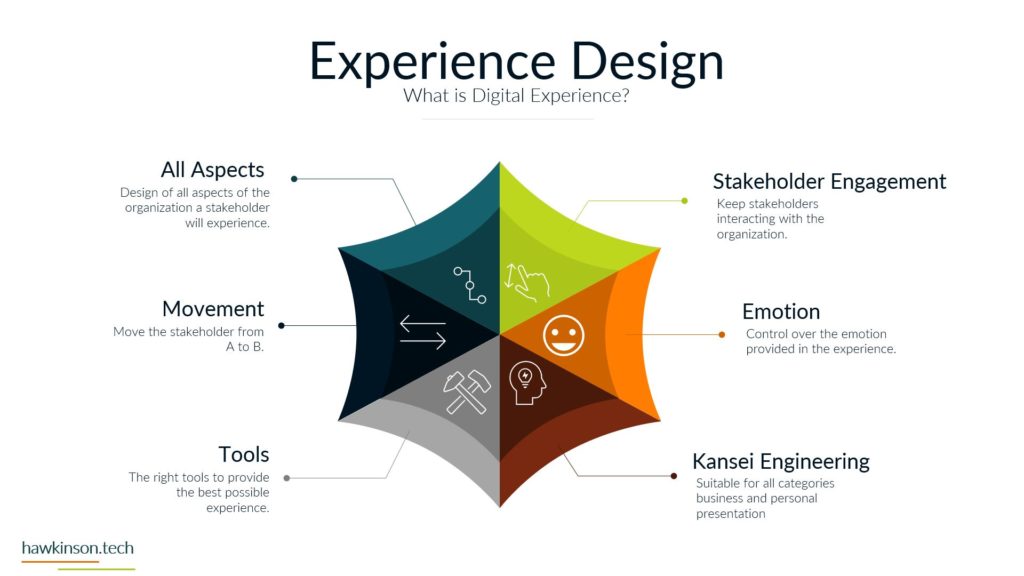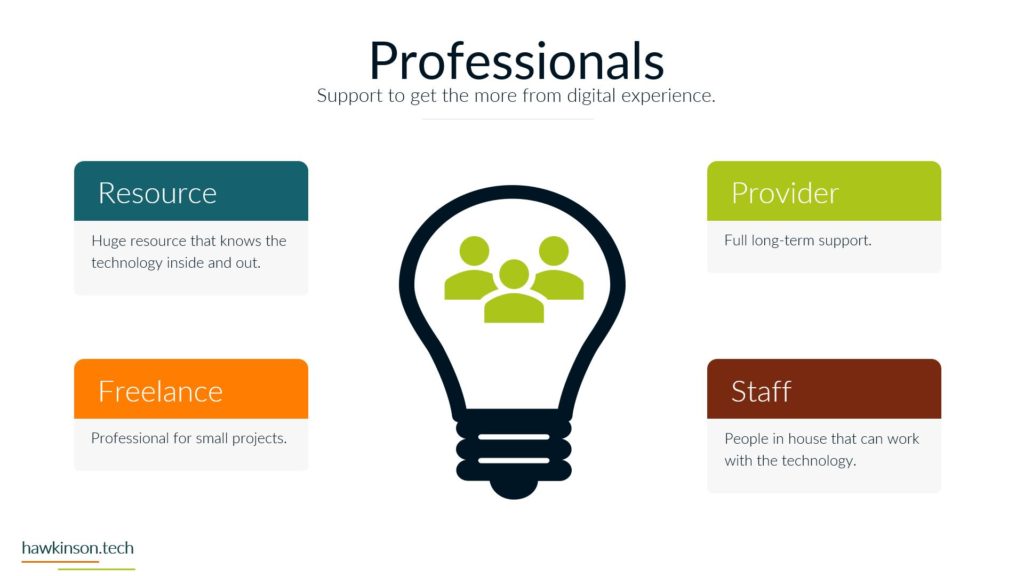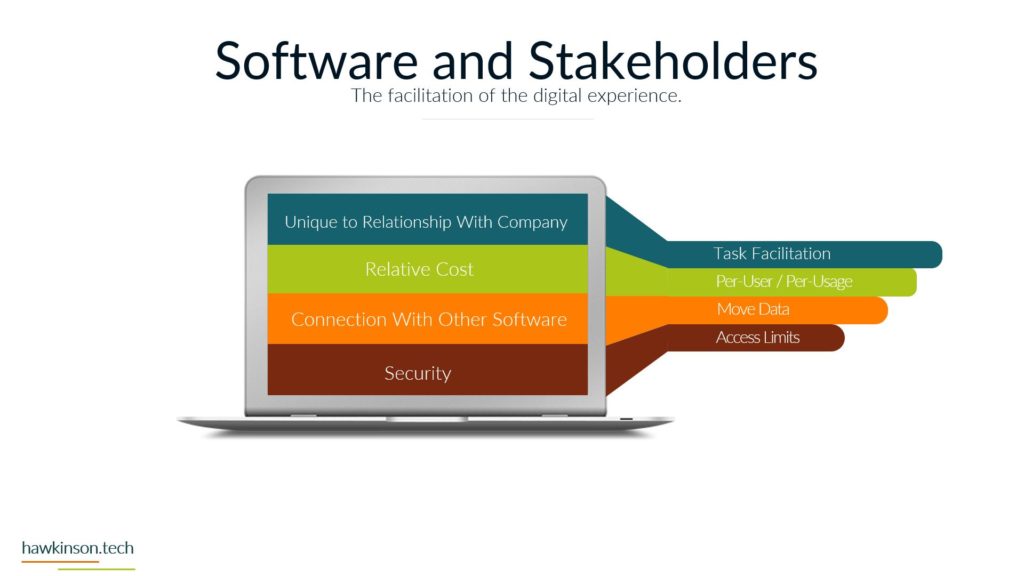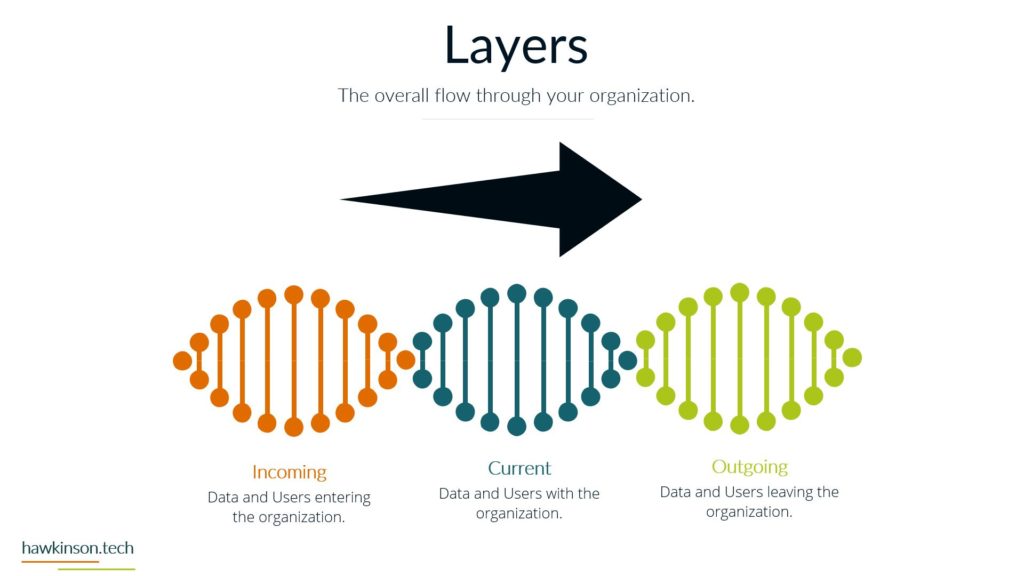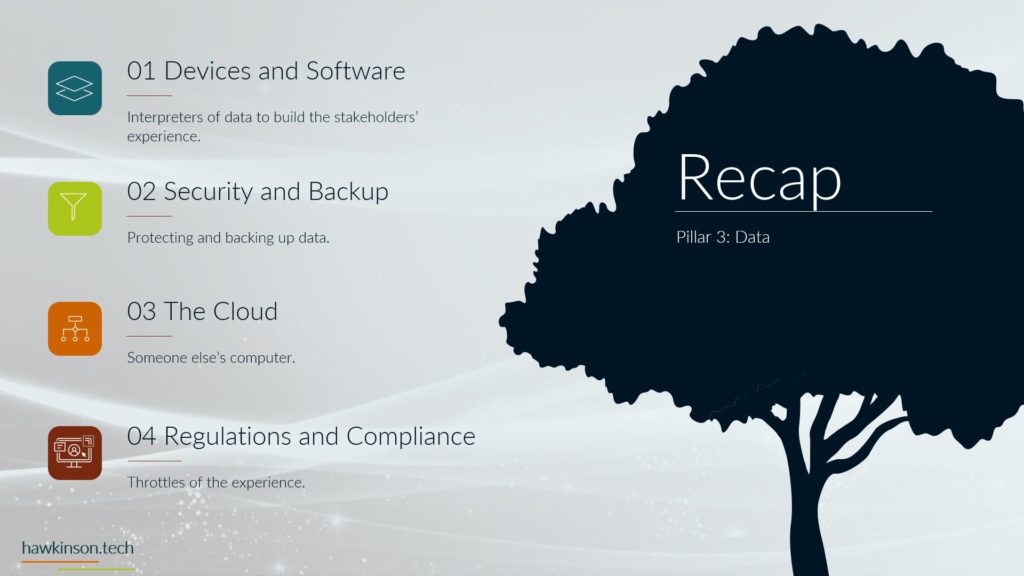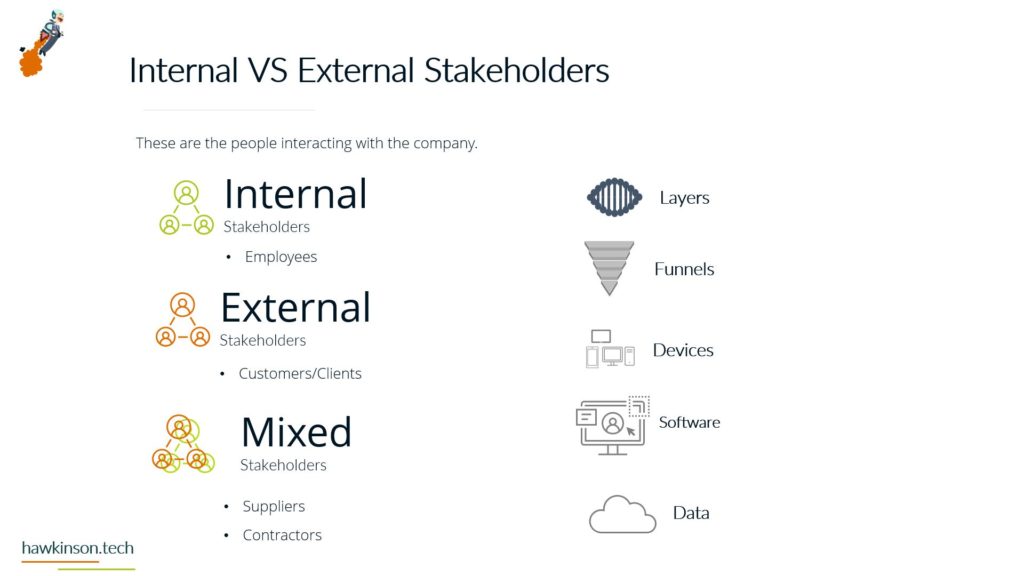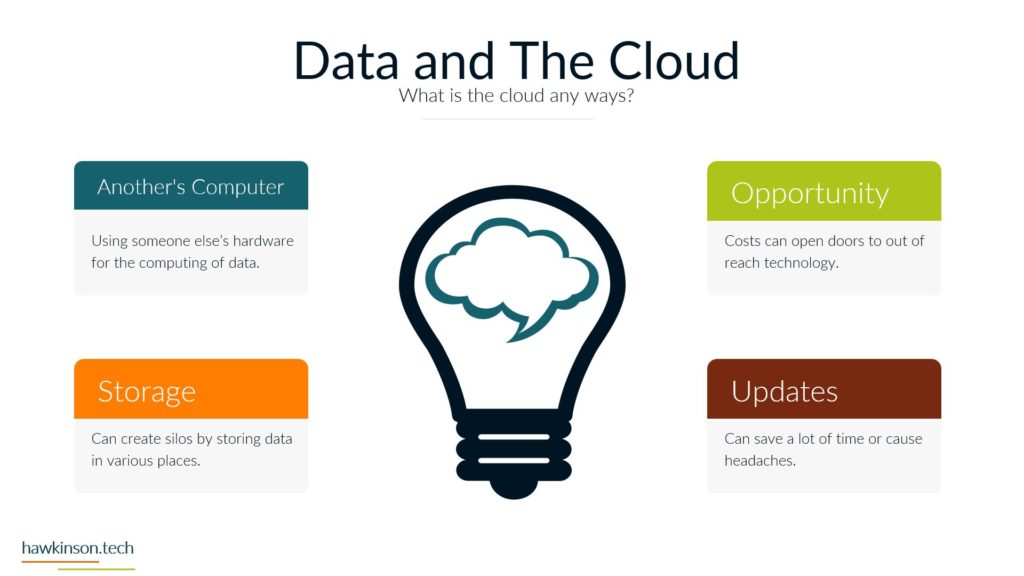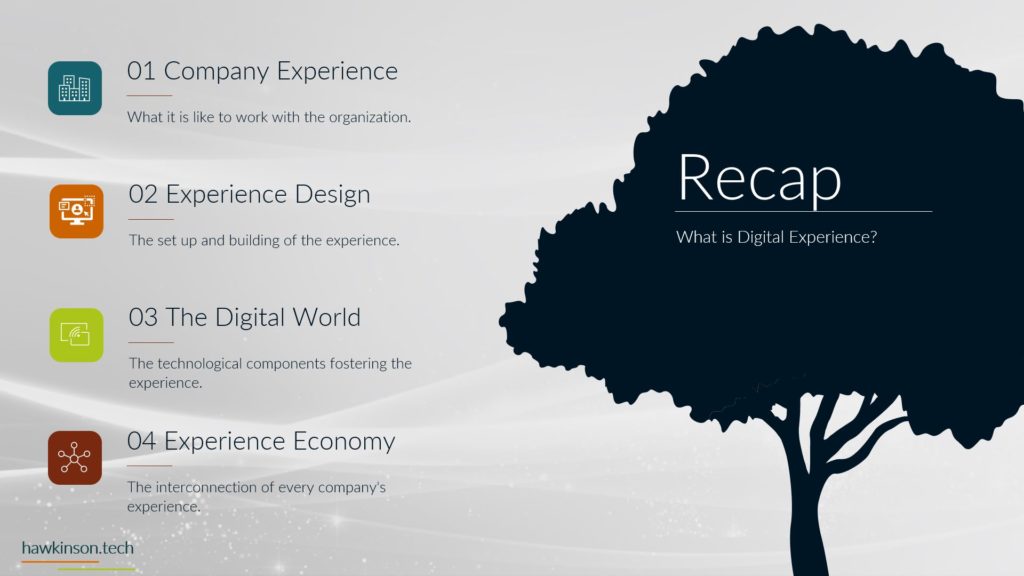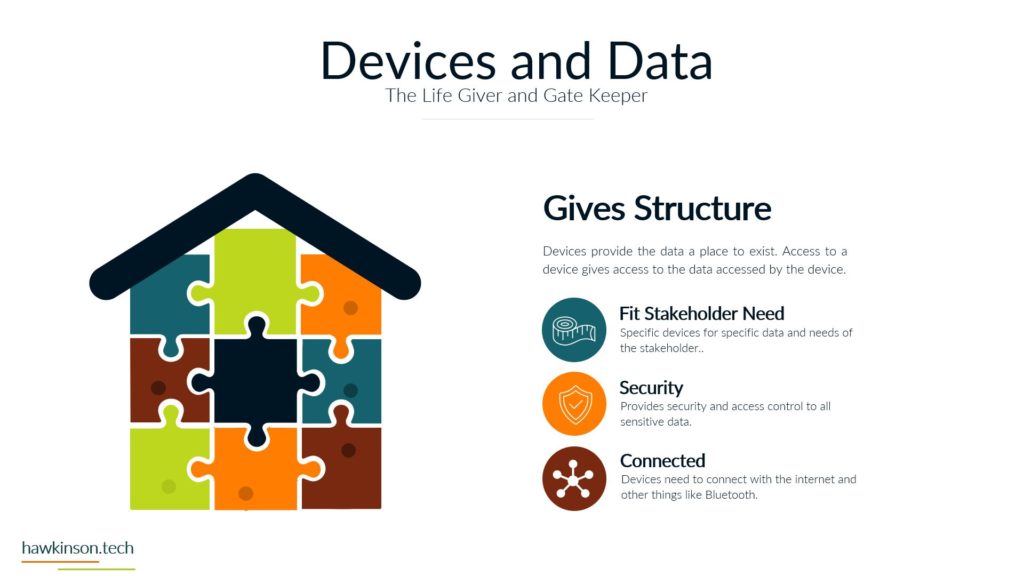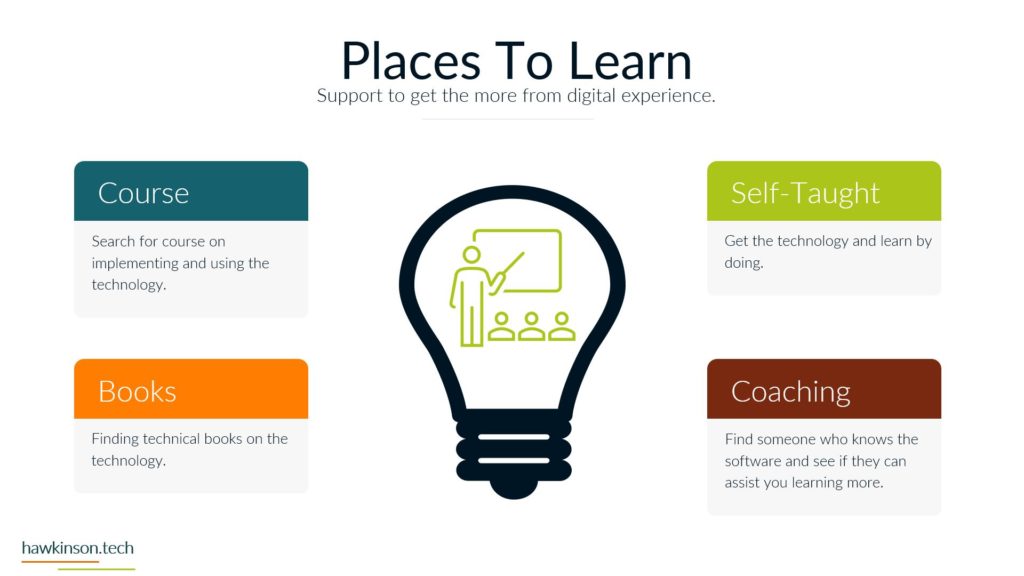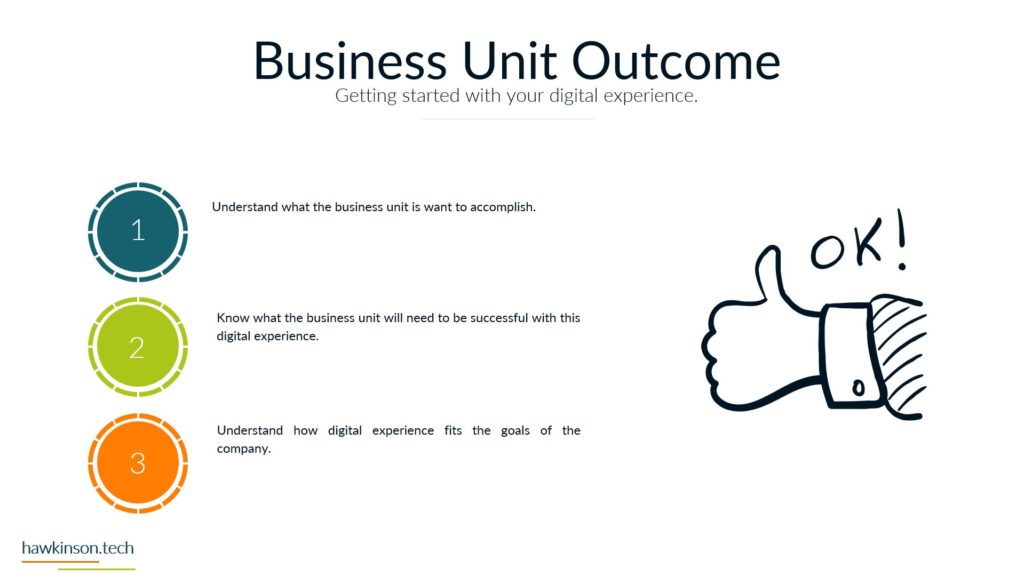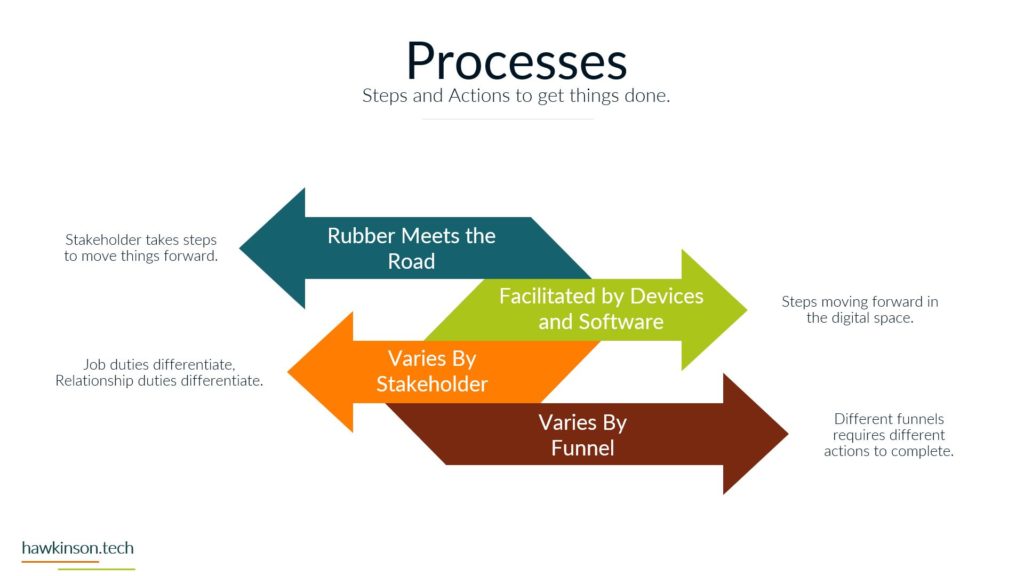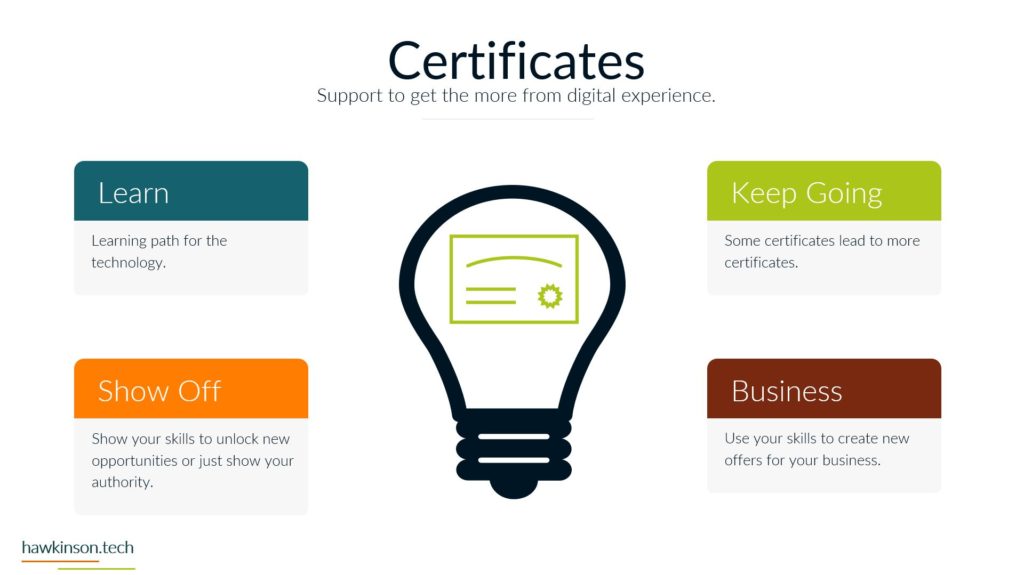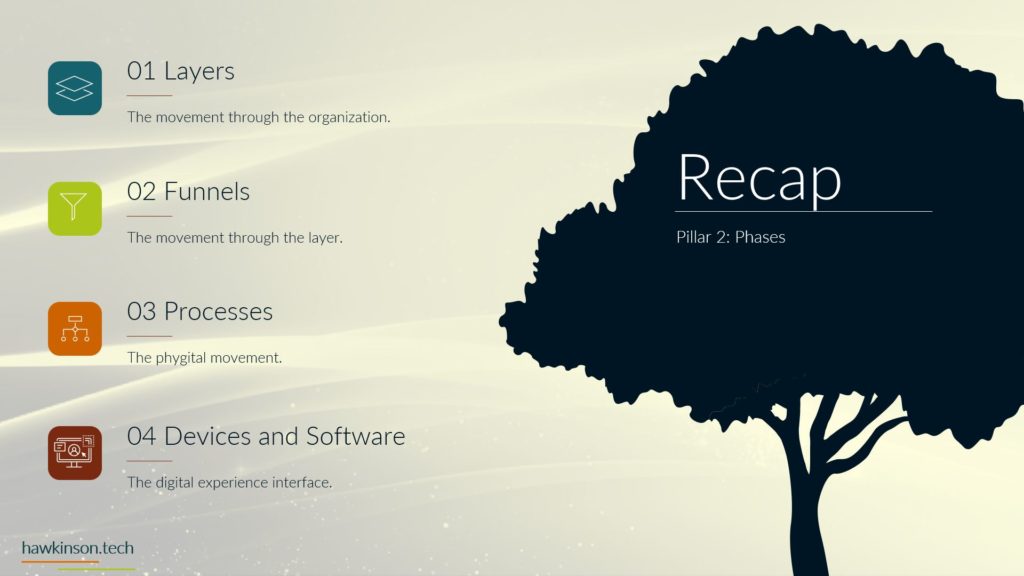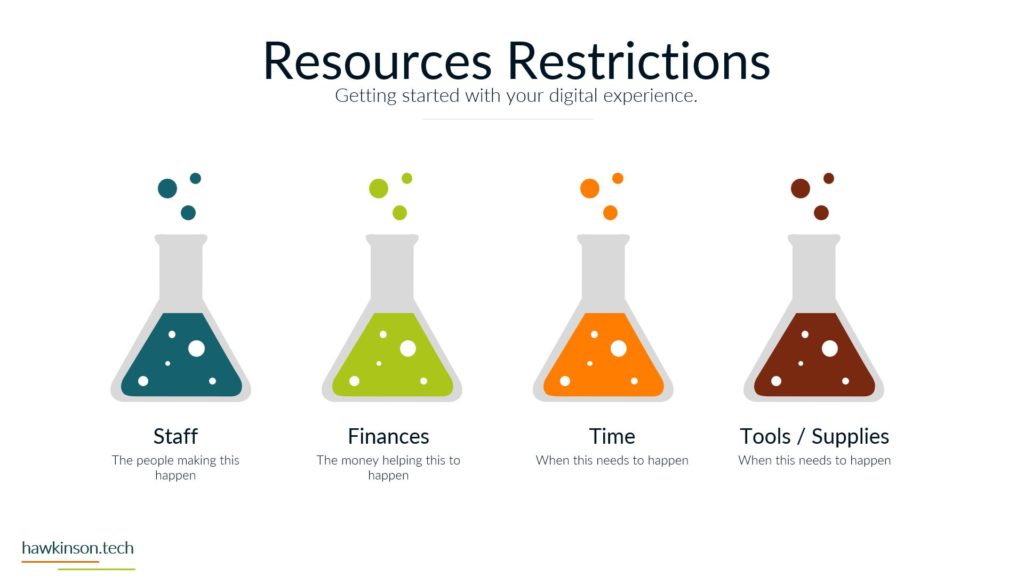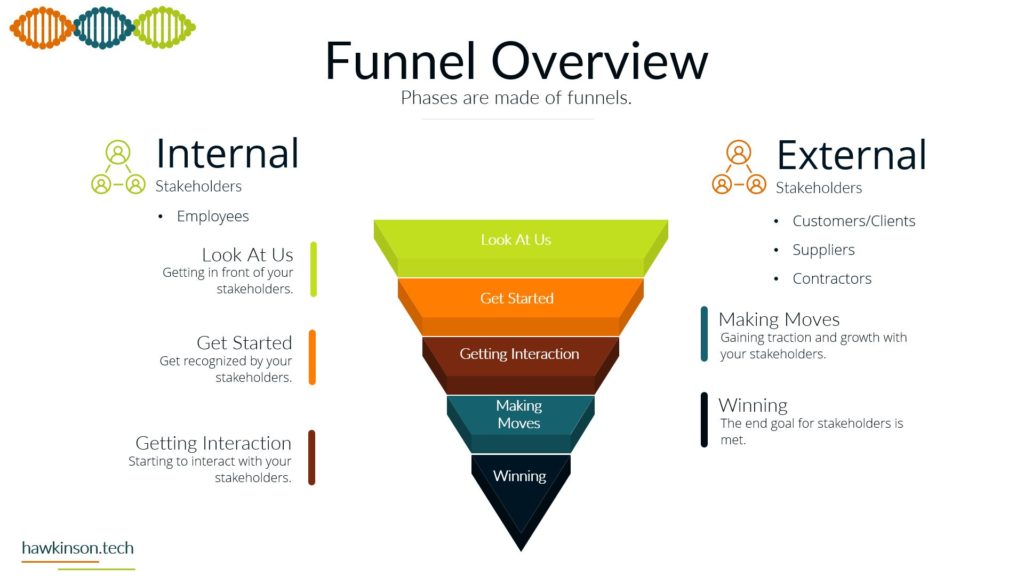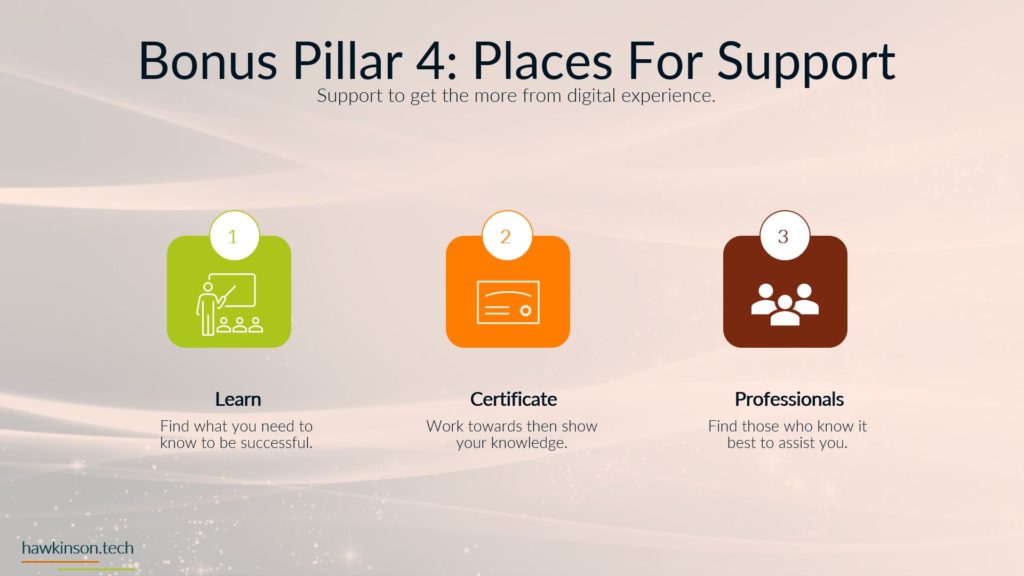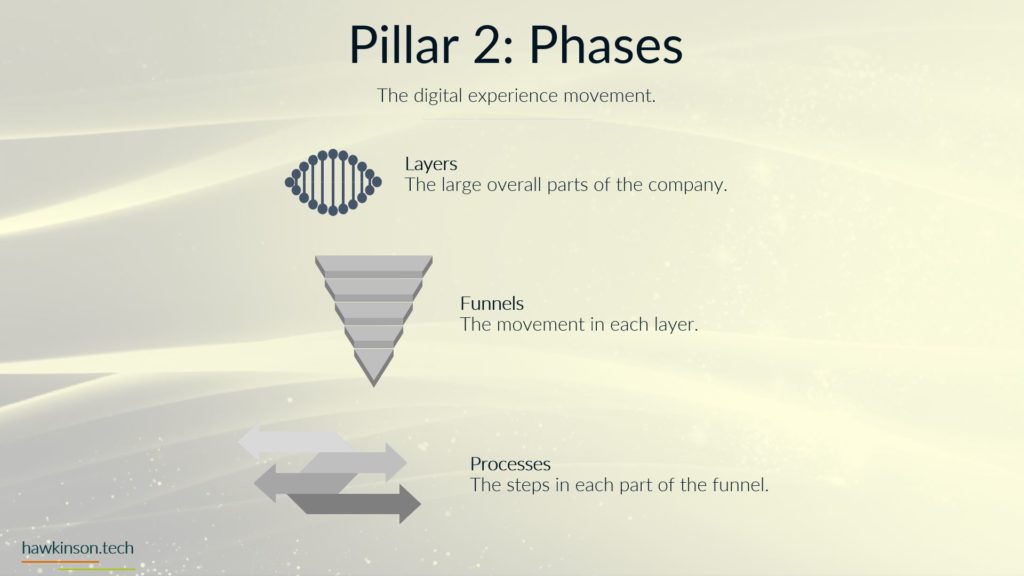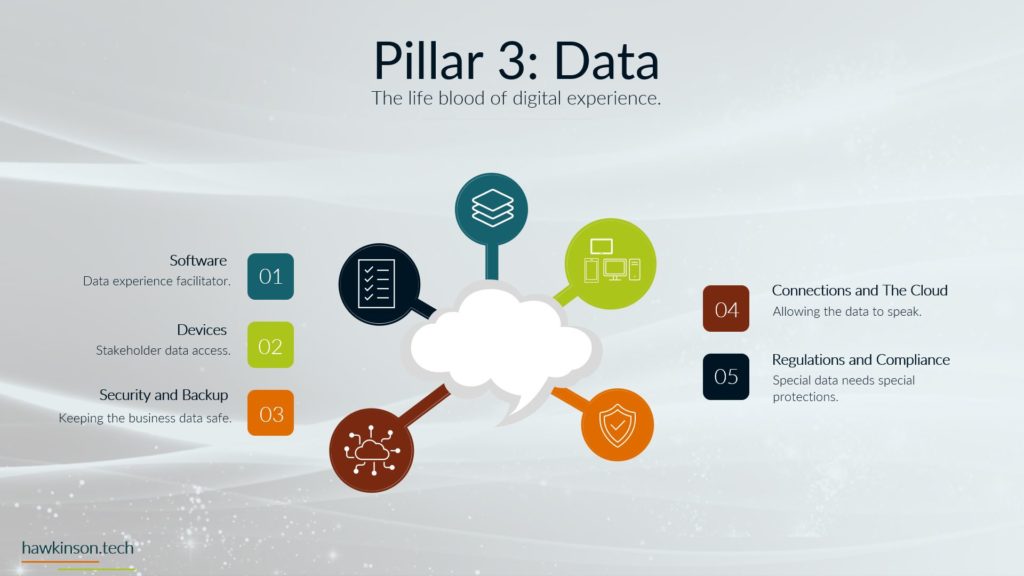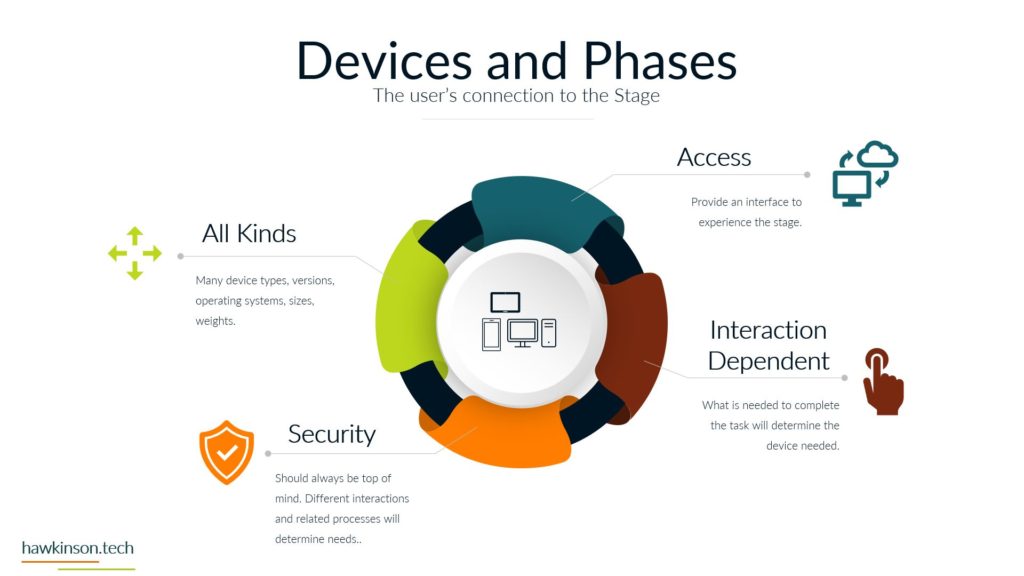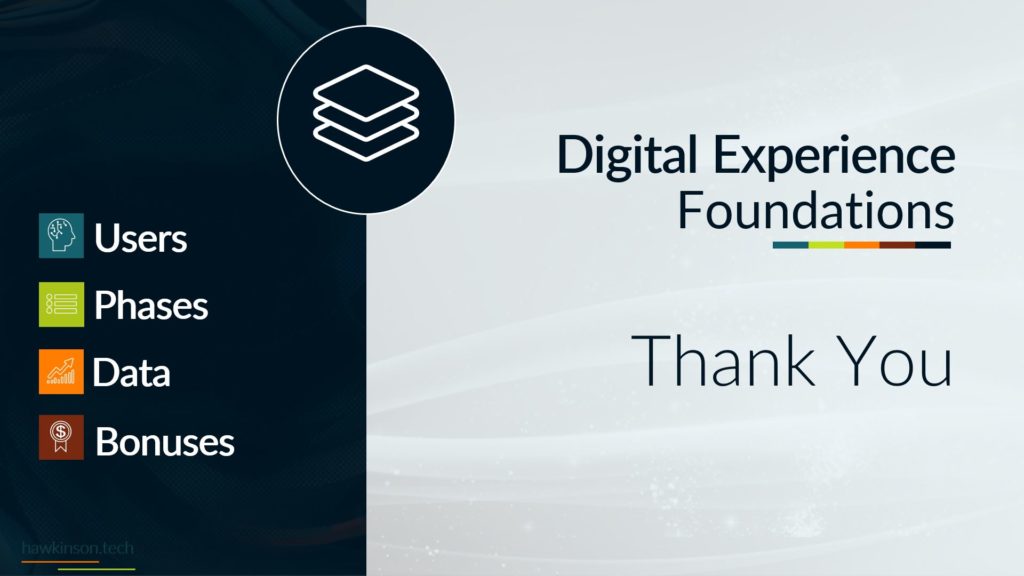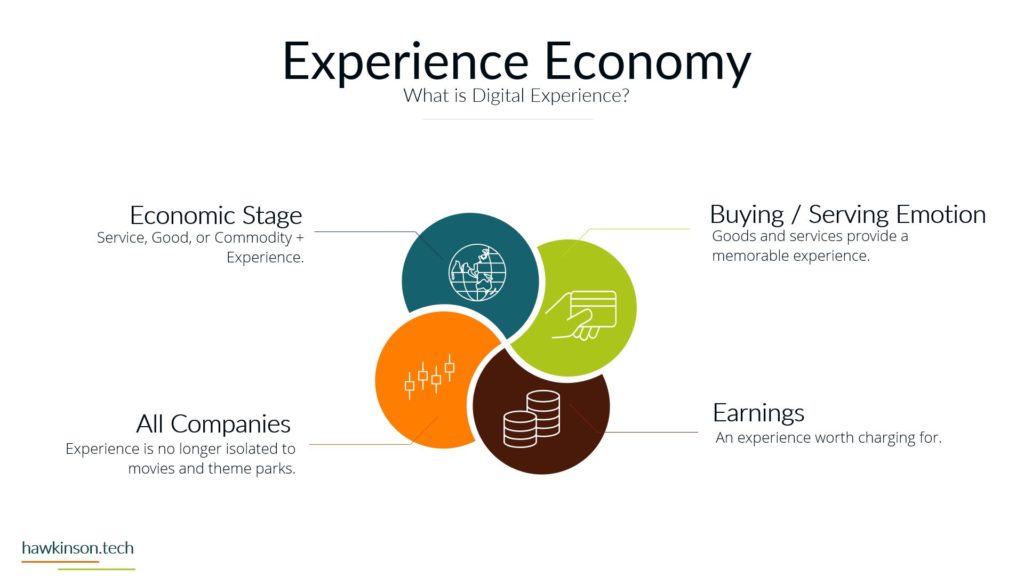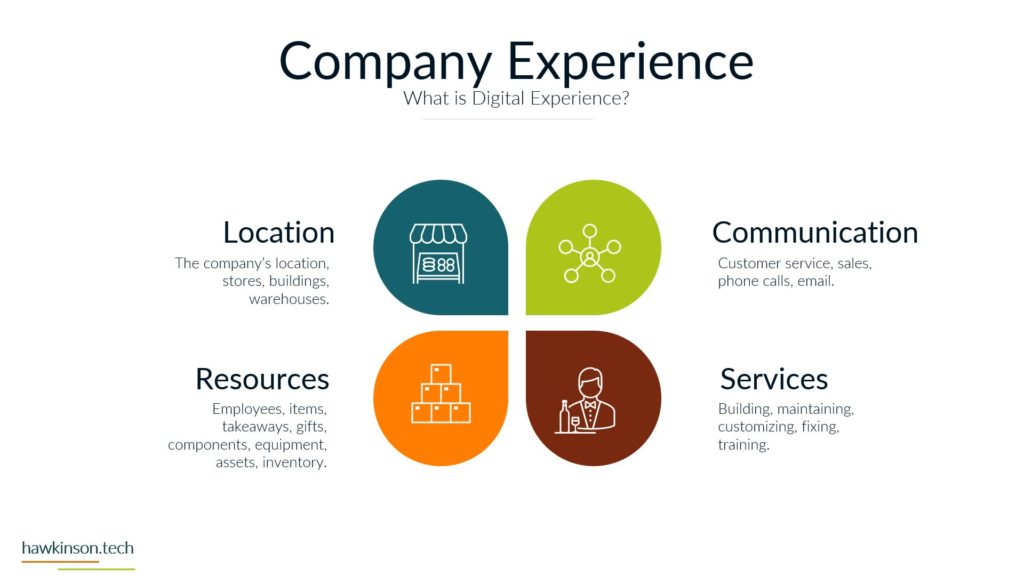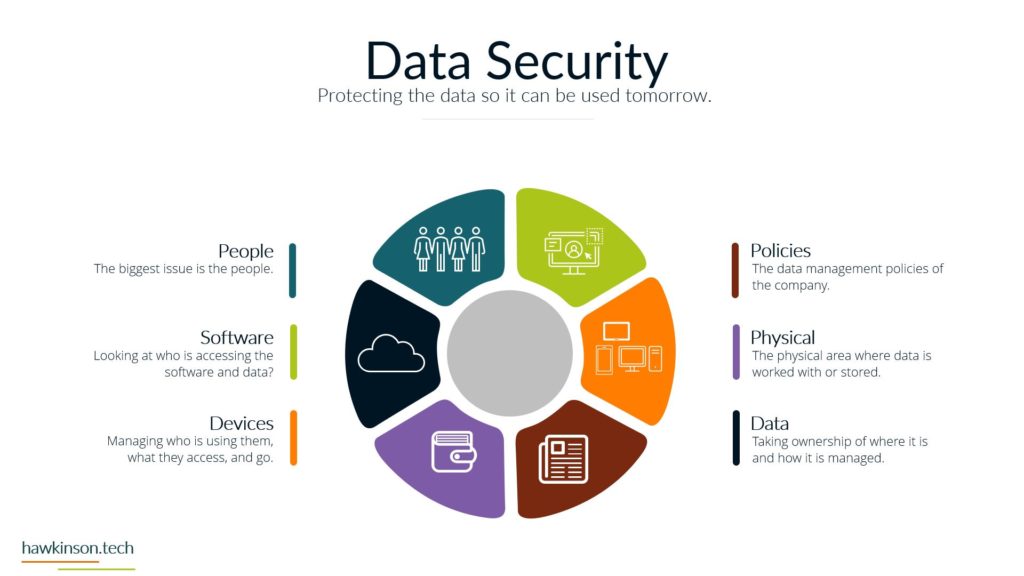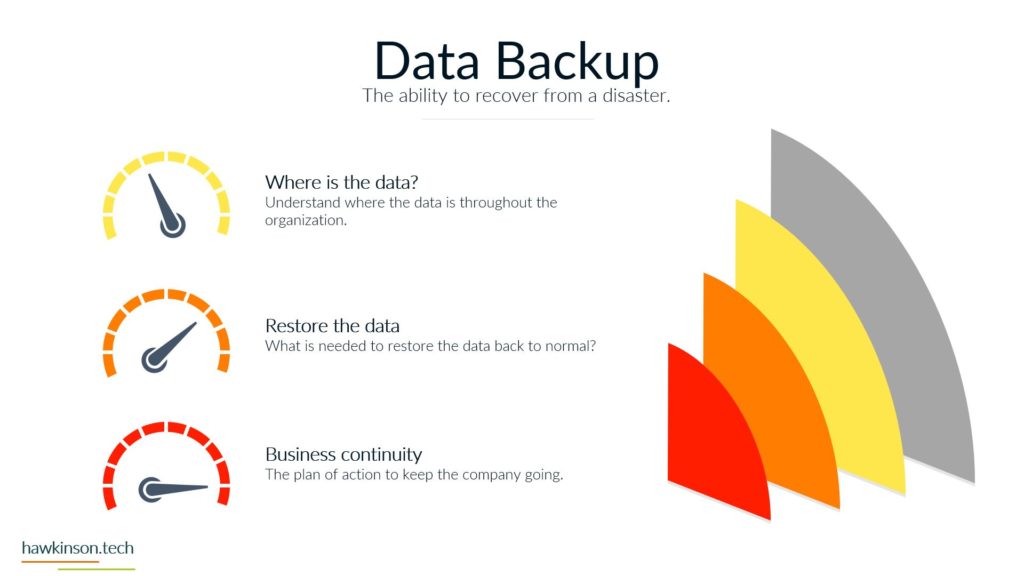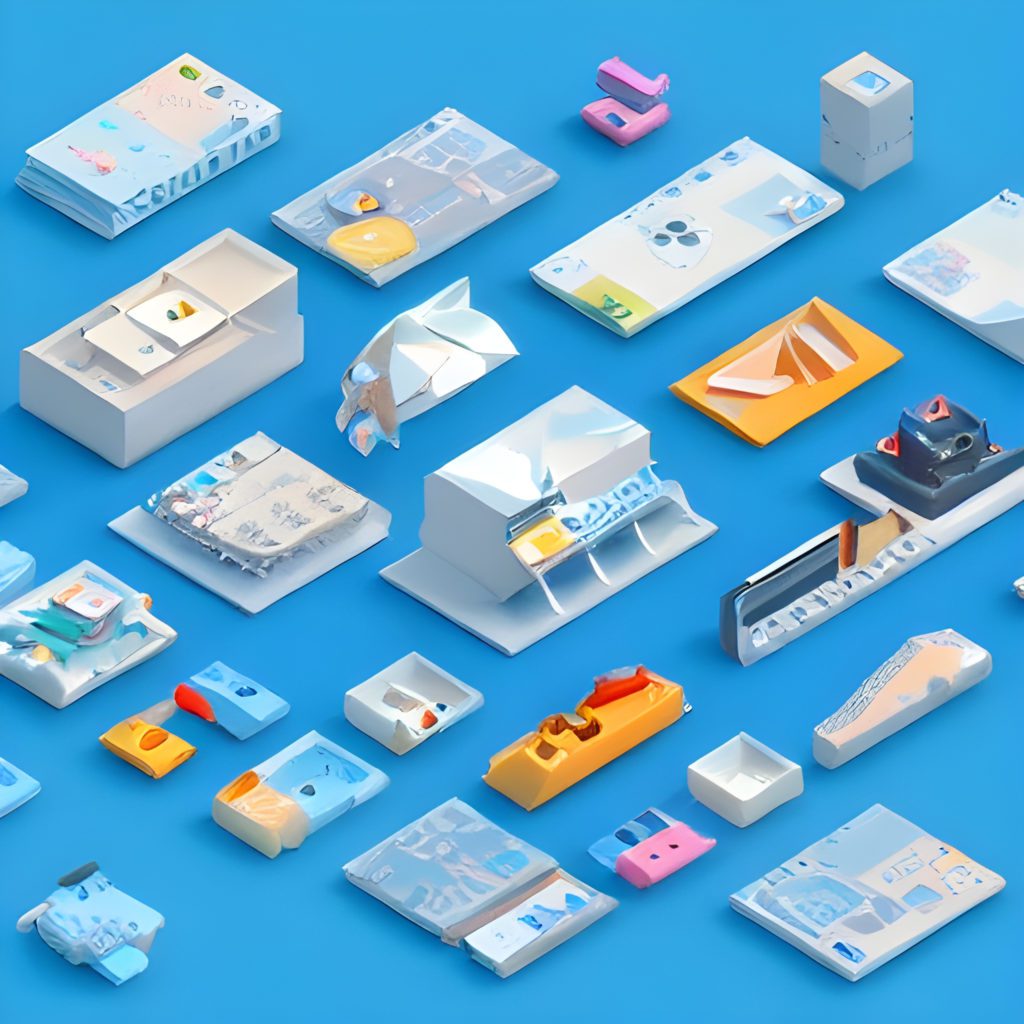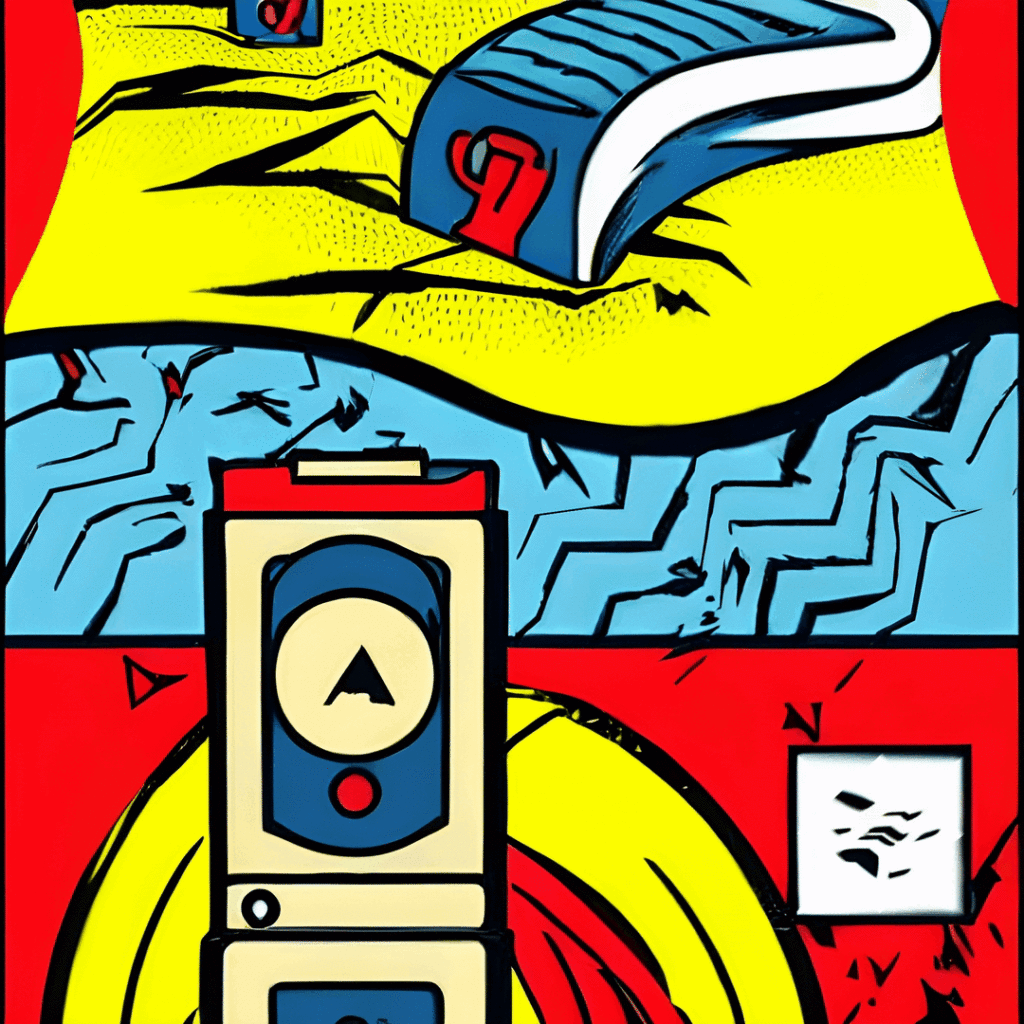In this video, we discuss the components of an experience economy.
Digital Experience | Intro To Course | Lesson 4 Experience Economy
Follow Me Elsewhere:
Play Video
Play Video
Now we’ve talked about some of the other aspects of digital experience, like designing the experience, the company side of the experience and the digital world. Let’s wrap up by talking about the experience economy. So right now, the world is in an economic stage where things are more focused on the experience of working with an organization. See. Services, goods and commodities are no longer just in and of themselves enough, but there is this entire experience that is also expected of people that interact with the organization. And so with this, it means that there’s kind of demands for an experience from internal and external stakeholders. And So what we have is this situation where we are buying and serving emotions. Where we have organizations that are coming in and making it a thrill to work with their store, you see it’s no longer this kind of experience where just Disney World is the one that’s offering an experience to customers, clients and stakeholders or internal employees. But it’s the company itself. It’s what it’s like to actually go into the store and to shop around or to look online or later on down the road after you’ve already made your purchase. What other steps is the organization doing to create an emotion and an experience for working with them and their product? And a lot of this too is a lot of products can be purchased elsewhere. And because they can be purchased from different vendors or different organizations, then it means that somebody needs a way to stand out because everybody can’t compete on price. That just drives everything down. But if we start to compete on experience, then every organization becomes its. Unique position to the market and to the stakeholders that would interact with that organization. So one of the ways you could look at this is companies actually charging for an experience. One of the things that’s kind of speculated is that companies like Nike could essentially charge a fee for people to come into their store and to kind of see what’s going on. And so now it opens the door for companies to not necessarily offer just their product, but to offer ancillary experiences on top of the. Product. So depending on the type of organization that you run, there’s likely ways that you could kind of show off parts of your organization or say or bring in and kind of refurbish different parts of your organization and then be able to open that up and create experiences around that. And then depending on, you know, your organization and the industry, you may even be able to monetize that experience. But even then if you look at being able to. Offer such a top notch experience that somebody would be willing to pay for it. Then you’re also starting to build an experience that is able to drive in customers and is able to show your unique value in the marketplace. And The thing is, is right now this is for all companies, there is not a single company that doesn’t need to worry about experience. I guess there are some, I mean technically there’s some places where there’s landlock monopolies or there’s ways that somebody. Has taken advantage of the market or the type of offering that they have and the relation to the, you know, kind of maturity of the market allows them to corner more or less of it. But as things keep growing, there’s going to need to be an experience. And even then the companies that are getting away with it, everyone knows that they might not have the best experience. And people talk about the frustrations and working with some of those kind of locked in monopoly companies. But The thing is, is for everybody else. That means that you need to consider the experience and kind of what is it like to come into your organization. And so if you start to look at the ways that movies kind of create an experience and the way that they show information or the way that theme parks create an experience and how they kind of show the relationship with the people that come to the park and the way that they’re able to interact with the characters and the rides and the shops and the way that everything is kind of themed for them to come into that experience. So starting to recognize some of those things and then knowing that like if you’re going to produce A blog post or create marketing content for your organization, making sure that it’s continuing to fit and foster the experience that your organization as a whole is wanting to offer to the individual stakeholders that come into and interact with the organization. So with that, that’s experience economy. It’s a stage that we’re all in right now. That everybody is growing through. It’s all about buying and serving emotions and building these experiences into the organization and fully embracing them. Next we will recap this section and move on to the first pillar.
Related Content
More Content
Discover the crucial role of data security in shaping a robust foundation for the digital experience in today’s fast-paced business world. Learn how safeguarding data and implementing robust security measures can protect against potential threats and
Discover the power of no-code and low-code tools for building complex dynamic websites. Explore popular options like Elementor, Divi, Advanced Custom Fields, Crocoblock, Meta Box, and Toolset to create visually stunning and interactive websites without extensive
Discover the crucial significance of data backup in shaping a seamless and secure digital experience in today’s rapidly evolving business landscape. Learn how understanding the whereabouts of your data, evaluating data restoration procedures, and ensuring business
In this comprehensive guide, we will delve into the intricacies of email marketing with click funnels, exploring the numerous benefits and strategies that can help businesses boost their conversion rates.
Plugins are a crucial component of the WordPress ecosystem for WordPress websites to function. Using plugins allows you to save time and access some unique features. Plugins may be quickly installed and set up, saving developers
In this article, we will discuss 15 email marketing best practices that will help you optimize your campaigns and achieve better results. Stay with us for more directions and details.
Unlock the potential of email marketing in the digital landscape with its cost-effectiveness, personalized engagement, and direct communication. Discover how this potent force fosters strong customer relationships, drives sustainable growth, and becomes a linchpin in your
A call to action (CTA) is crucial in email marketing for generating engagement and driving conversions. A well-crafted CTA provides clarity and purpose, guiding recipients on their next steps. It also allows for measuring campaign effectiveness
Messaging applications are becoming increasingly popular for personal as well as business use. These apps have various features that allow messages to be sent quickly and securely, making them perfect for collaboration. Features like group messaging,
